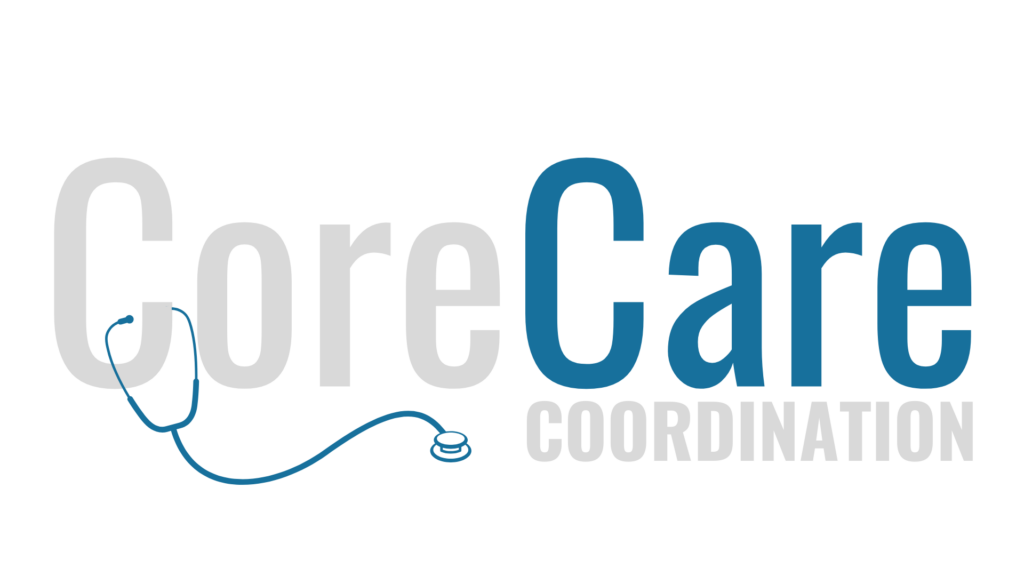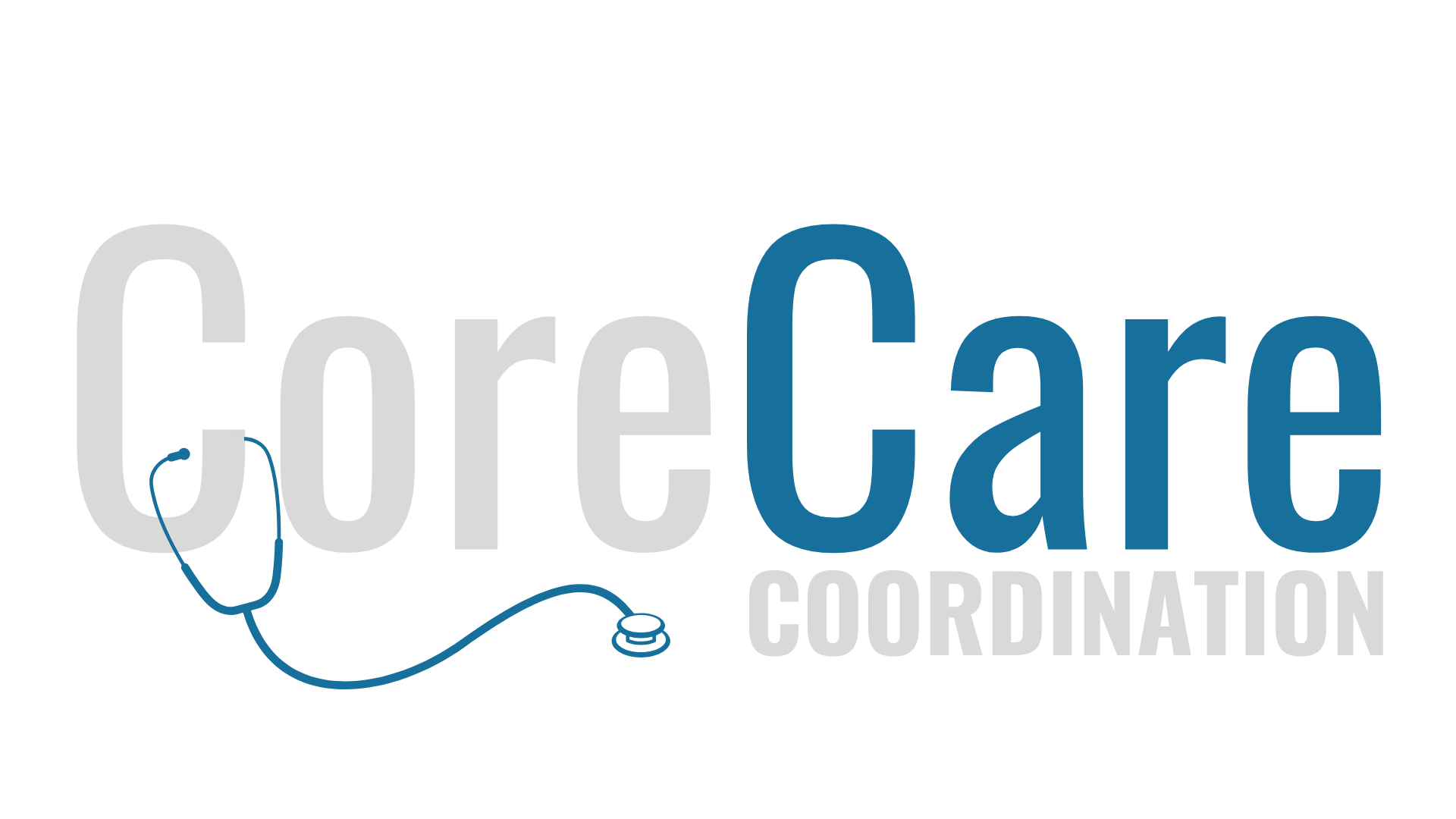Navigating the complexities of end-of-life decisions can be challenging, but having an advanced directive in place provides clarity and peace of mind. An advanced directive, often comprising a living will, healthcare proxy, and medical power of attorney, ensures that your healthcare preferences are known and respected, even when you might not be able to communicate them yourself. This essential guide is designed to support individuals, caregivers, and healthcare professionals in understanding and implementing advance care planning. By proactively creating an advanced directive, you empower yourself with patient rights and facilitate a smoother decision-making process for your loved ones. Join us as we explore the importance of these critical documents, offering insights and practical steps to help you take control of your healthcare future confidently.
Understanding Advanced Directives
What is an Advanced Directive?
An advanced directive is a legal document that outlines a person’s preferences for medical treatment in situations where they cannot communicate their wishes. This document typically includes a living will, which specifies the types of medical treatments and life-sustaining measures a person wants or does not want. It also often includes a healthcare proxy, appointing someone to make medical decisions on their behalf. Additionally, a medical power of attorney may be designated, granting an individual the authority to make healthcare decisions in alignment with the patient’s values and desires. Creating an advanced directive is a crucial step in advance care planning, ensuring that end-of-life decisions respect the patient’s rights and personal preferences. By articulating these choices clearly, individuals provide peace of mind to themselves and their loved ones, knowing that their healthcare decisions will be honored.
Importance of Advance Care Planning
Advance care planning is a vital process that ensures your healthcare preferences are understood and respected during critical times. By engaging in this planning, you can make informed decisions about your end-of-life care, reducing uncertainty and stress for both yourself and your loved ones. It empowers individuals by safeguarding their patient rights and ensuring that medical treatments align with personal values and wishes. Moreover, having a clear advance care plan in place facilitates communication between patients, families, and healthcare professionals, leading to more coordinated and compassionate care. This planning also helps prevent unnecessary medical interventions, aligning treatments with what patients truly desire. In essence, advance care planning is not only about preparing for end-of-life decisions but also about living well now, knowing that your healthcare choices will be honored. Taking these steps today can provide peace of mind and clarity for the future.Patient Rights and Choices
Understanding patient rights is fundamental to creating an effective advanced directive. Every individual has the right to make their own healthcare decisions and to have those decisions respected by family members and medical professionals. An advanced directive serves as a formal mechanism to document these choices, ensuring they are followed even when a person cannot express them. It is crucial in safeguarding autonomy, as it provides a clear record of a person’s preferences regarding medical treatments and interventions. By specifying aspects such as the use of life-sustaining measures or appointing a healthcare proxy, individuals can maintain control over their healthcare journey. Moreover, acknowledging and exercising these rights promotes trust and transparency in healthcare relationships. It underscores the principle that patients should be at the center of their healthcare decisions, with their values and wishes guiding the care they receive.
Components of an Advanced Directive
Crafting a Living Will
Crafting a living will is a crucial step in formalizing your healthcare preferences for situations where you may be unable to communicate them. A living will is a written document that outlines your desires regarding medical treatments and interventions, particularly those related to life-sustaining measures. To create an effective living will, start by considering what types of medical care align with your values and beliefs. Consider scenarios such as resuscitation efforts, mechanical ventilation, and feeding tubes, and decide your preferences for each. It is important to express these wishes clearly and concisely, ensuring there is no ambiguity. Consulting with a healthcare professional or legal advisor can provide valuable insights and help ensure that your document meets all necessary legal requirements. Once completed, make sure your living will is easily accessible and that your healthcare proxy, family members, and primary care physician are aware of its existence and content.
Appointing a Healthcare Proxy
Appointing a healthcare proxy is a critical component of an advanced directive, allowing you to designate someone to make medical decisions on your behalf if you’re unable to do so. This person should be someone you trust to understand and respect your healthcare preferences and values. When selecting a healthcare proxy, consider individuals who are calm under pressure, can communicate effectively with medical professionals, and are willing to advocate for your wishes. It is also crucial to have open and honest conversations with your chosen proxy about your healthcare desires and any specific instructions you want them to follow. Documenting this appointment in your advanced directive ensures that medical staff recognize and respect their authority. This step not only helps ensure that your healthcare choices are honored but also relieves your loved ones from the burden of making difficult decisions without guidance. Making this decision thoughtfully can greatly impact your healthcare journey.
Medical Power of Attorney Explained
A medical power of attorney is a legal document that authorizes a designated individual to make healthcare decisions on your behalf if you are incapacitated. This person, known as an agent, is empowered to make decisions that align with your documented healthcare preferences and values. Unlike a healthcare proxy, which is often specific to healthcare decisions, a medical power of attorney may encompass broader legal authority, depending on the jurisdiction. It is important to choose someone who understands your wishes and is committed to advocating for them. Discuss your preferences in detail with your chosen agent to ensure they are fully informed and comfortable with the role. This document should be updated periodically to reflect any changes in your preferences or circumstances. Ensuring that your medical power of attorney is legally recognized involves adhering to your state’s specific requirements, which may include witnessing and notarization. This step is essential for maintaining control over your healthcare journey.
Implementing Your Advanced Directive
Communicating End-of-Life Decisions
Effectively communicating your end-of-life decisions is a vital part of implementing your advanced directive. Start by having open discussions with family members, your healthcare proxy, and medical professionals about your preferences. Transparency about your desires reduces confusion and ensures everyone understands your wishes. Consider scheduling a meeting with your healthcare provider to review your advanced directive, allowing them to address any medical implications and record your preferences in your medical file. It is also beneficial to provide copies of your directive to key individuals, such as your healthcare proxy and family members, ensuring they have access when needed. Regularly revisiting and, if necessary, updating your directive and communication plan is essential, especially following significant life events or changes in health status. By maintaining clear, ongoing communication, you contribute to a smoother decision-making process and ensure your end-of-life choices are respected and honored.
Legal Considerations and Documentation
When implementing your advanced directive, understanding the legal considerations and ensuring proper documentation are crucial. Each state may have different requirements for these documents to be legally binding, such as needing signatures from witnesses or notarization. It’s essential to familiarize yourself with your state’s specific laws regarding advanced directives to ensure compliance. Consulting with a legal advisor can provide clarity and help you navigate any complexities. Additionally, once your advanced directive is complete, keep the original in a safe location but easily accessible to your healthcare proxy and family members. Distribute copies to your doctor, healthcare proxy, and any other relevant parties. Regularly review and update your directive to reflect any changes in your preferences or changes in the law. Proper documentation not only legally validates your choices but also facilitates their enforcement, ensuring that your healthcare wishes are respected and followed in critical moments.
Reviewing and Updating Regularly
Regularly reviewing and updating your advanced directive is essential to ensure it accurately reflects your current wishes and circumstances. Life changes, such as new health conditions, family dynamics, or changes in personal beliefs, may influence your healthcare preferences. By revisiting your directive periodically, you can make necessary adjustments to align with your evolving needs. It is advisable to review your directive annually or following significant life events, such as marriage, divorce, or the birth of a child. During these reviews, confirm that your designated healthcare proxy is still willing and able to fulfill their role. Communicate any updates to relevant parties, including your healthcare proxy, family members, and healthcare providers, to maintain clarity and prevent misunderstandings. Keeping your advanced directive up-to-date ensures that your end-of-life decisions are respected and carried out according to your current wishes, providing peace of mind for you and your loved ones.



